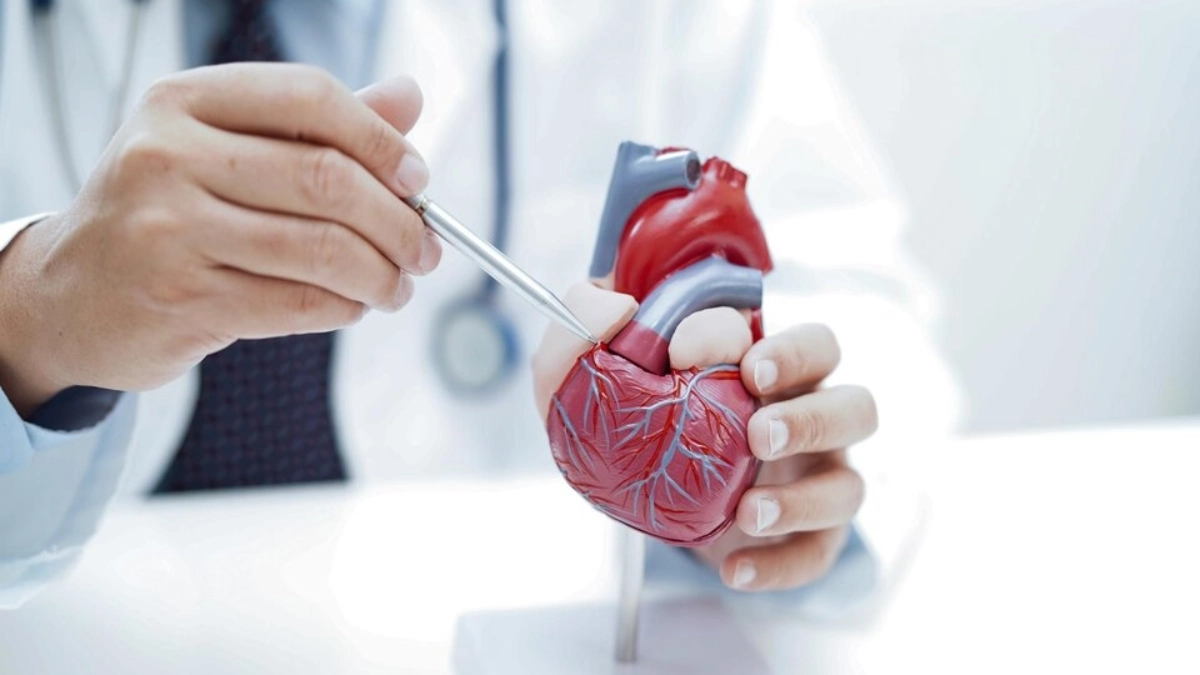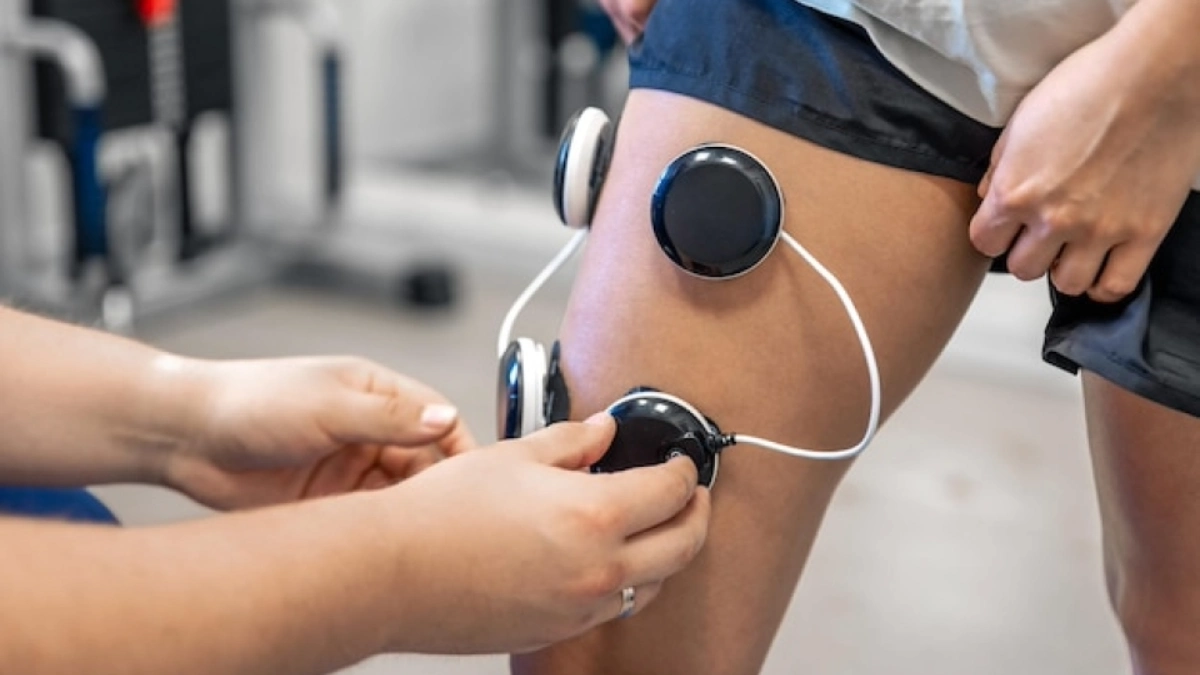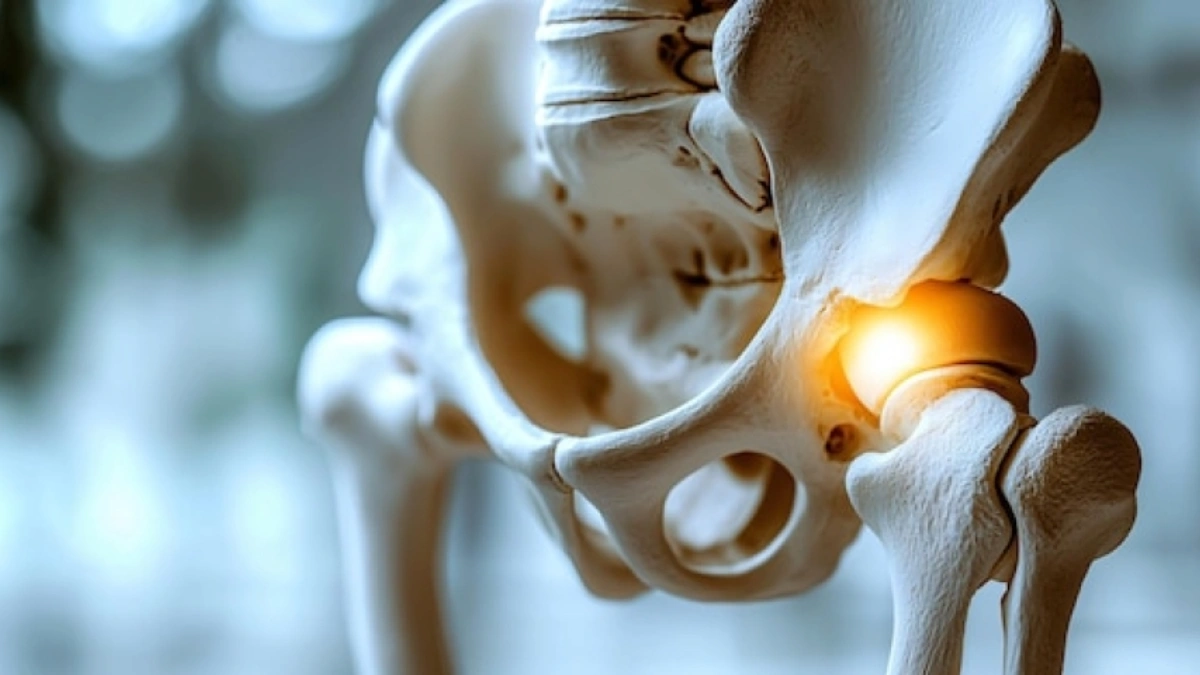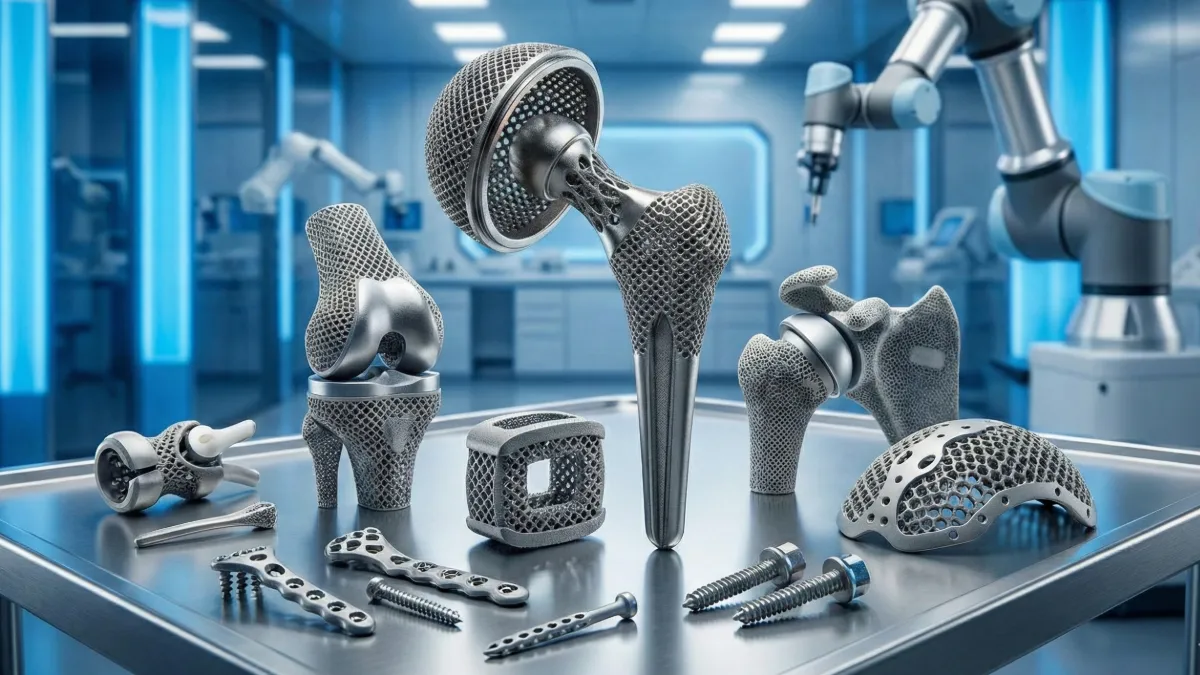Coronary heart disease treatment in Turkey has gained international recognition due to its advanced medical facilities, experienced cardiologists, and cost-effective procedures. Coronary heart disease (CHD), also known as ischemic heart disease, occurs when the coronary arteries become narrowed or blocked due to the buildup of fatty deposits, leading to reduced blood flow to the heart. Without proper treatment, CHD can result in severe complications, including heart attacks, arrhythmias, and heart failure. Turkey offers a wide range of diagnostic and therapeutic interventions to manage and treat CHD effectively.
Symptoms of Coronary Heart Disease
The symptoms of CHD vary among individuals, but common indicators include:
- Angina (chest pain) – A pressing or squeezing sensation in the chest.
- Shortness of breath – Difficulty breathing, especially during physical activity.
- Pain in the neck, jaw, shoulders, or arms – Referred pain due to decreased blood flow.
- Dizziness and fainting – Insufficient oxygen supply to the brain.
- Nausea and sweating – Often accompanying angina or a heart attack.
While some individuals experience no symptoms until a cardiac event occurs, early detection through routine checkups is essential for timely intervention.
Causes and Risk Factors
CHD develops over time due to the accumulation of fatty deposits (atheroma) within the coronary arteries, a process known as atherosclerosis. Key risk factors include:
- Unhealthy diet – High intake of saturated fats, trans fats, and processed foods.
- Smoking – Damages blood vessels and accelerates plaque buildup.
- Lack of physical activity – This leads to obesity and increased cholesterol levels.
- High blood pressure (hypertension) – Forces the heart to work harder.
- Diabetes – Increases the likelihood of arterial damage.
- Genetic predisposition – A family history of heart disease raises the risk.
Managing these risk factors through lifestyle changes and medical intervention can prevent or slow the progression of CHD.
Diagnosis of Coronary Heart Disease in Turkey
Turkey’s top-tier hospitals utilize cutting-edge diagnostic techniques to accurately assess coronary heart disease. Diagnostic procedures include:
- Electrocardiogram (ECG) – Records electrical activity of the heart.
- Echocardiogram – Uses ultrasound to visualize heart function.
- Stress test – Evaluates heart performance under physical exertion.
- Coronary angiography – X-ray imaging with contrast dye to detect blockages.
- Cardiac CT scan – Identifies calcification and arterial narrowing.
- Blood tests – Measures cholesterol, triglycerides, and inflammatory markers.
Early diagnosis is crucial for preventing severe complications and improving treatment outcomes.
Treatment Options for Coronary Heart Disease in Turkey
Turkey offers world-class medical care for CHD patients, with a variety of treatment options available based on the severity of the condition. Treatment approaches include:
1. Lifestyle Modifications
Making healthier lifestyle choices plays a vital role in managing CHD. Recommended changes include:
- Adopting a heart-friendly diet rich in fruits, vegetables, and lean proteins.
- Engaging in regular physical activity to improve cardiovascular health.
- Quitting smoking to reduce arterial damage.
- Managing stress through relaxation techniques.
- Maintaining optimal cholesterol and blood pressure levels.
2. Medication Therapy
Medications are often prescribed to manage symptoms and reduce the risk of complications. Commonly used drugs include:
- Statins – Lower cholesterol levels to prevent plaque buildup.
- Beta-blockers – Reduce heart rate and blood pressure.
- ACE inhibitors – help relax blood vessels and improve circulation.
- Antiplatelet agents (aspirin, clopidogrel) – Prevent blood clots.
- Nitrates – Dilate arteries to enhance blood flow.
- Diuretics – Remove excess fluid to ease heart strain.
3. Interventional Procedures
For patients with significant artery blockages, minimally invasive procedures may be recommended:
- Coronary Angioplasty and Stenting (PCI) – A catheter is used to open narrowed arteries, and a stent is placed to keep them open.
- Rotational Atherectomy – Removes calcium deposits from arteries before stenting.
4. Surgical Interventions
When non-surgical treatments are insufficient, surgical options include:
- Coronary Artery Bypass Grafting (CABG) – A healthy artery or vein from another part of the body is grafted to bypass blocked arteries.
- Heart Valve Surgery – Repairs or replaces faulty heart valves affecting circulation.
- Heart Transplant – In extreme cases, a heart transplant may be necessary for end-stage heart failure.
Why Choose Turkey for Coronary Heart Disease Treatment?
Turkey is a leading destination for medical tourism due to its advanced healthcare infrastructure, affordable costs, and highly experienced cardiovascular specialists. Key advantages include:
- State-of-the-art hospitals – Equipped with the latest technology and JCI-accredited facilities.
- Renowned cardiologists and surgeons – Experts trained in world-class institutions.
- Affordable treatment costs – Up to 60% lower than in the U.S. and Europe.
- Comprehensive post-treatment care – Rehabilitation programs and follow-up services.
- Medical tourism packages – Including accommodation, transportation, and personalized care.
Conclusion
Coronary heart disease treatment in Turkey provides patients with high-quality, cost-effective care, ensuring the best possible outcomes. With world-class medical facilities, experienced specialists, and a patient-centred approach, Turkey remains a top choice for those seeking advanced CHD treatment. Whether through lifestyle changes, medication, interventional procedures, or surgery, comprehensive treatment plans help patients manage symptoms and improve heart health. For those considering treatment, Turkey offers a reliable and affordable solution with superior medical expertise.
The most effective treatment depends on the severity of the condition. Options include lifestyle changes, medications, angioplasty with stenting, and coronary artery bypass grafting (CABG).
Yes, with proper management, including a healthy lifestyle, medications, and necessary medical interventions, many people live long and fulfilling lives with CAD.
Innovative treatments include robotic-assisted heart surgery, bioresorbable stents, and enhanced external counterpulsation (EECP) as non-invasive alternatives for improving blood flow.







